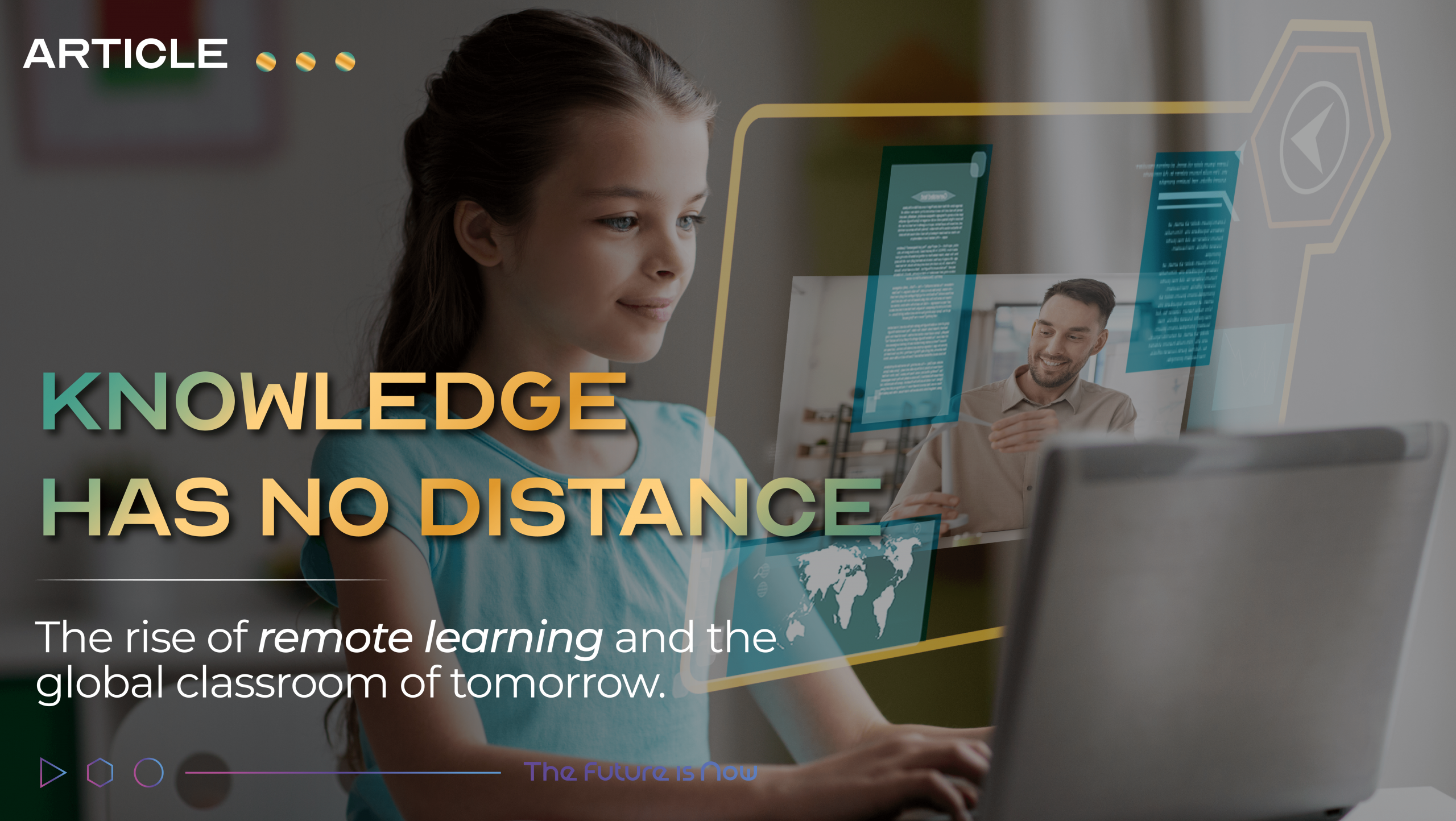
Beyond Borders: The New Era of Remote Learning and Global Education Access
Remote learning has moved far beyond being a temporary solution born out of necessity; it has become one of the most powerful drivers of global educational transformation. Today, a learner in Nairobi can attend lectures at a university in Toronto; a mother in Manila can upskill through short, flexible modules from leading institutions; and a young professional in São Paulo can earn a specialized certification in AI while working full time. Education, once limited by geography, cost, and access to institutions, is now being reshaped into an inclusive, borderless ecosystem.
This new era is not simply about delivering classes online. It is about reimagining how knowledge is shared, how communities learn, and how individuals empower themselves in a rapidly evolving world.
Hybrid and Lifelong Learning: The New Norm
Traditional education paths, school, university, career, are being replaced by a fluid, ongoing learning journey. Hybrid learning models, blending physical and digital experiences, are now the backbone of modern education. Universities are increasingly adopting flexible formats, offering combinations of online lectures, virtual labs, in-person intensives, and peer collaboration spaces.
At the same time, lifelong learning has become essential rather than optional. Industries evolve too quickly for skills to remain relevant for decades. As a result, micro-credentials, stackable certificates, and modular learning programs are rising in popularity. These formats empower learners to build personalized skill portfolios, advancing their careers without pausing their professional or personal lives.
In this flexible landscape, learning is no longer bound to a specific age, stage, or location, it’s a continuous passport to growth.
Human-Centered Tools and Platforms Redefining Remote Learning
Technology, when designed with empathy and intention, has made remote learning more engaging, adaptable, and human.
Modern platforms use interactive tools and real-time feedback to replicate, and sometimes surpass, the dynamics of in-person environments. AI teaching assistants support learners with personalized guidance, adaptive content, and instant clarification of complex topics. Collaboration tools allow students to brainstorm, solve problems, and create projects together from anywhere in the world.
Startups are also innovating rapidly: immersive VR classrooms transport students into virtual laboratories or historical reconstructions; language-learning platforms are pairing students with global conversation partners; and peer-to-peer mentoring communities are making education more social and communal.
These advancements reflect a shift from simply delivering content to truly designing experiences, an essential component of high-quality remote learning.
Challenges and Opportunities: Keeping Engagement and Quality at the Forefront
As remote learning expands, educators and institutions must navigate a delicate balance between accessibility and quality. Engagement remains one of the most significant hurdles. Without the physical presence of peers and instructors, learners may lack motivation or feel disconnected.
To address this, leading platforms are integrating behavioral science, gamification, social interaction features, and community-based learning. Structured check-ins, cohort-based courses, breakout rooms, and collaborative project assignments help recreate the rhythm and accountability of a classroom.
Quality assurance poses another challenge. With thousands of online programs available, evaluating credibility is crucial. The rise of accreditation frameworks, transparent review systems, and competency-based assessments is helping students make informed choices.
Yet, these challenges also open pathways to innovation. They encourage educators to move beyond traditional lectures and develop more interactive, inclusive, and student-centered methodologies. Ultimately, the goal is not to replicate the classroom, but to evolve it.
The Future: How Remote Learning Shapes the Workforce of Tomorrow
The future workforce will be more global, flexible, and digitally fluent than ever. Remote learning sits at the heart of this evolution.
Employees of the future will build careers shaped by continuous upskilling. Organizations will increasingly recruit based on demonstrated competencies rather than formal degrees alone. Professionals from underserved regions will have greater access to training that once seemed unreachable, creating a more diverse global talent pool.
Moreover, cross-cultural collaboration, now embedded in many online programs, will become a foundational skill. Students who learn across borders develop perspectives that drive innovation, empathy, and problem-solving on a global scale.
Remote learning is not only shaping individuals, it is shaping the future of work itself.
A Call to Visionaries: Apply for the World Future Awards
The transformation of global education is being led by pioneers, universities, EdTech innovators, and forward-thinking institutions dedicated to expanding access and elevating learning quality worldwide. If you are part of this movement, now is your moment.
Celebrate your achievements, amplify your impact, and join a global community of innovators shaping the future.
Step forward and help define the next frontier of education, one without borders. Apply now for the World Future Awards: https://worldfutureawards.com/apply-now/
MORE NEWS
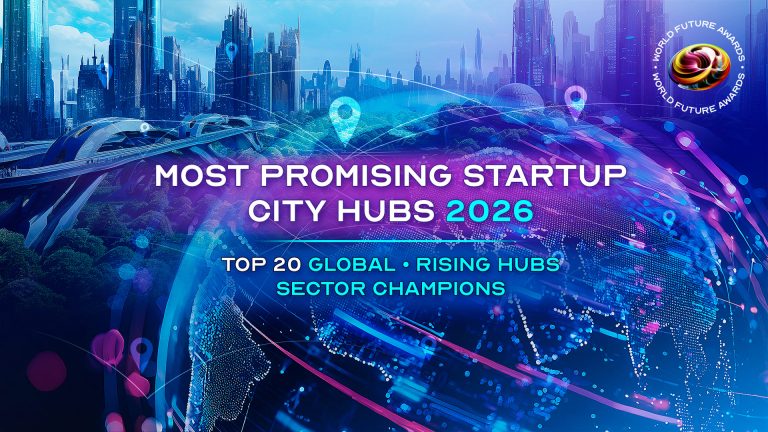
Most Promising Startup City Hubs 2026
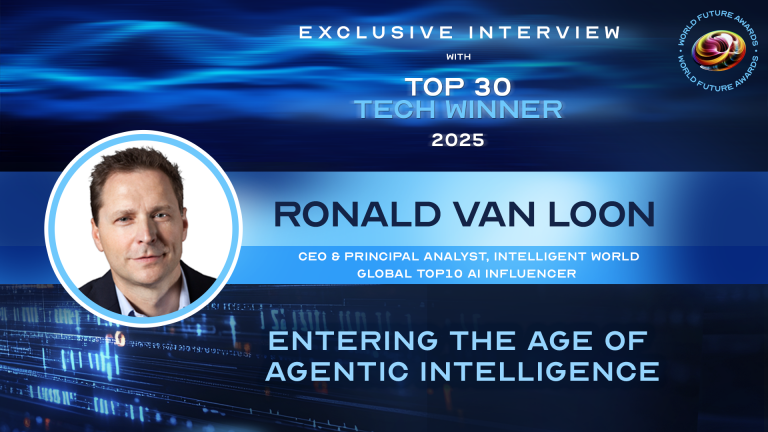
World Future Awards Exclusive: Interview with Ronald van Loon — Top 30 Tech Voices 2025
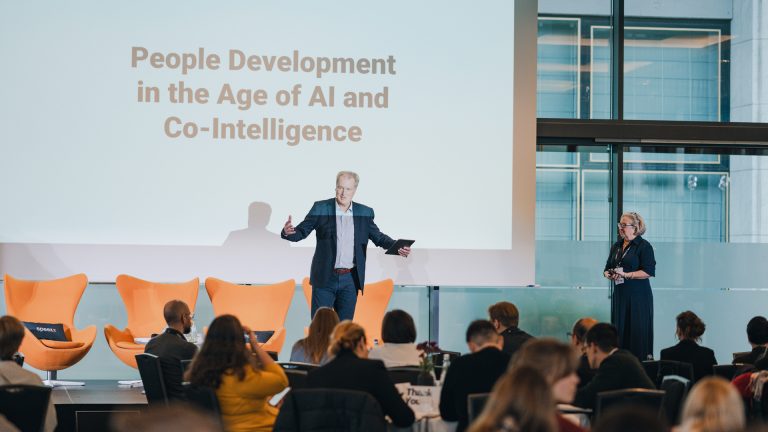
Defining the Next Era of People Development
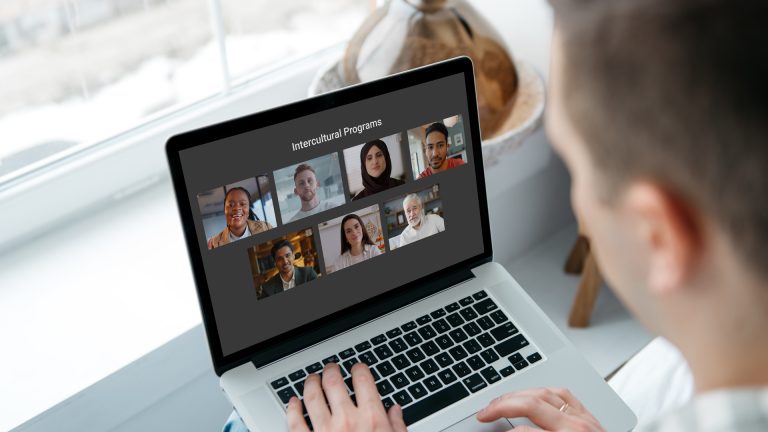
Speexx Awarded for Global Workforce Development Innovation
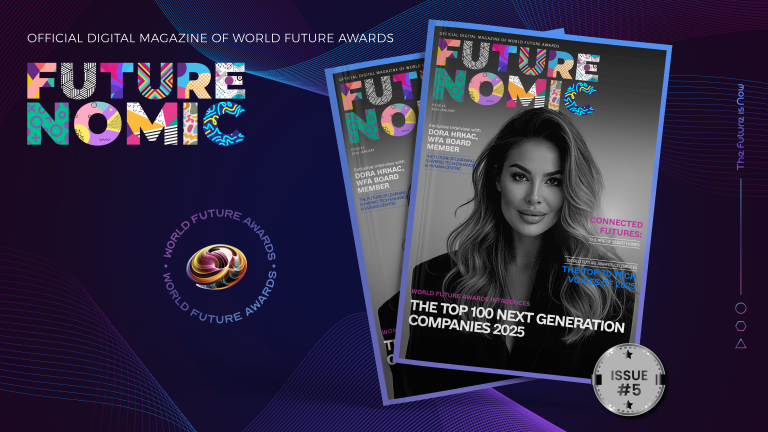
World Future Awards Releases Futurenomics Digital Issue #5
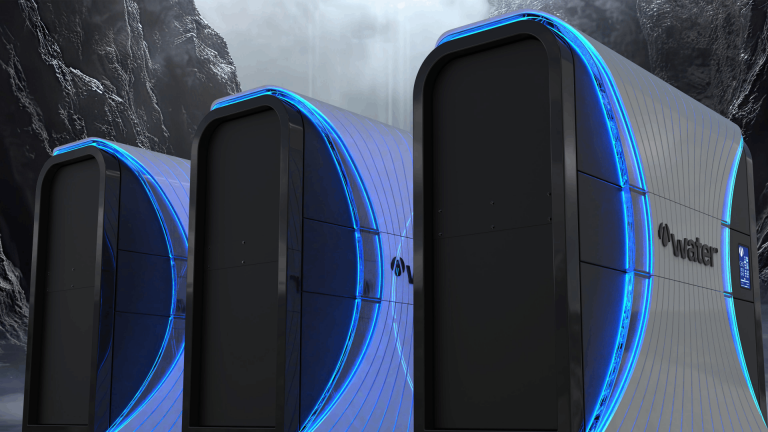
VVater Named One of World Future Awards’ Top 100 Next Generation Companies for 2025
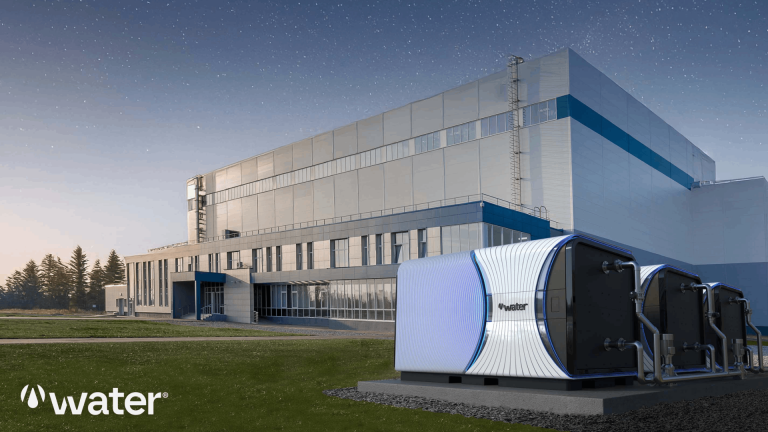
VVater – Pioneering the Future of Water Technology
NEWSLETTER
Sign up to learn more about our project and to stay up to date.

